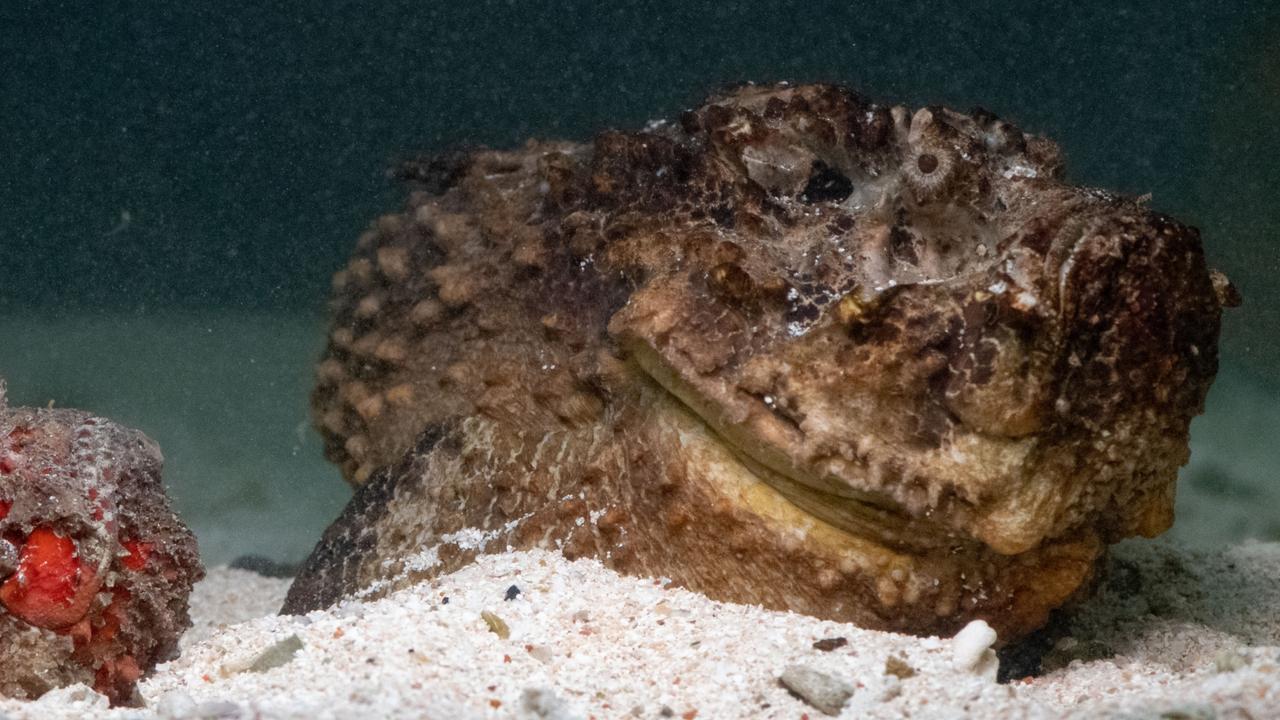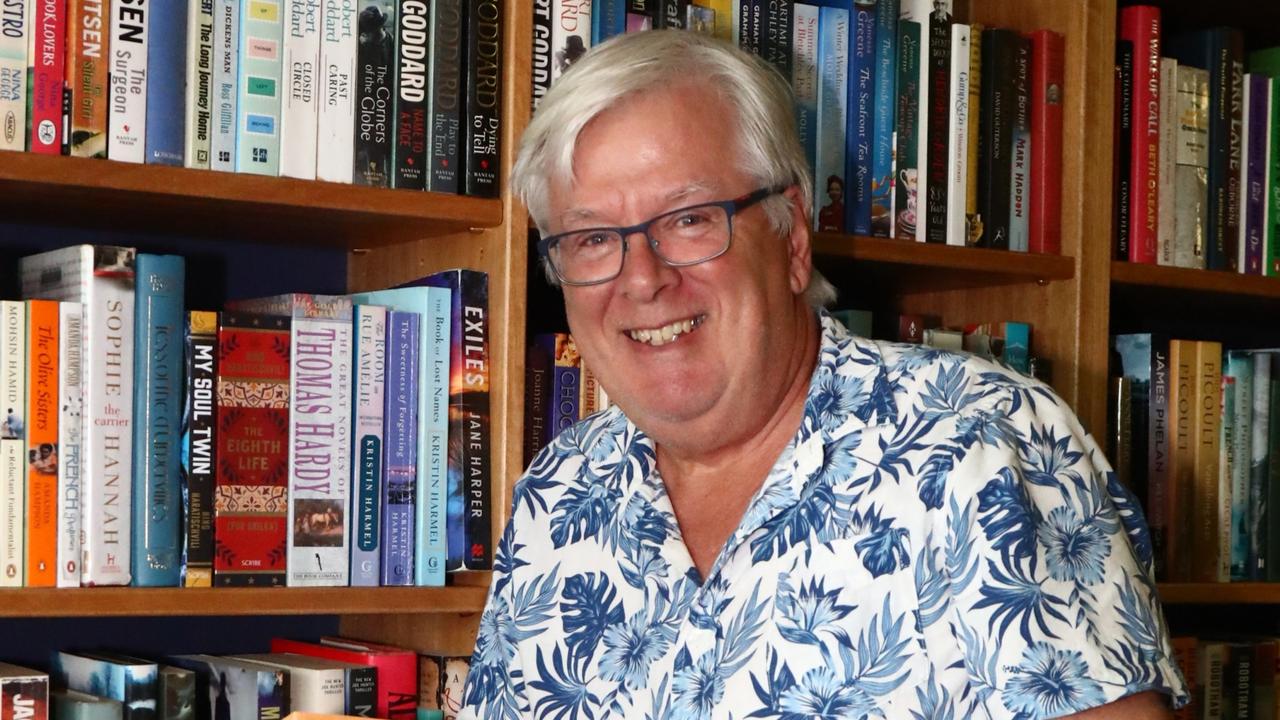Frankland Islands: Great Barrier Reef’s recovery on full show
The Great Barrier Reef’s recovery is on exquisite display in the shallows around the Frankland Islands — despite what you have heard.
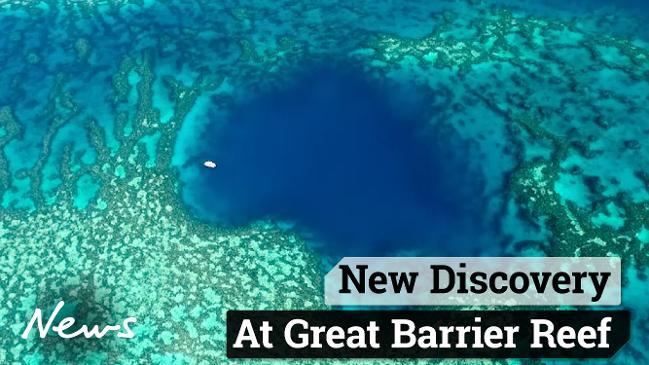
Cairns
Don't miss out on the headlines from Cairns. Followed categories will be added to My News.
THE Great Barrier Reef’s recovery is on exquisite display in the shallows around the Frankland Islands.
Fringing reefs surrounding the island group off the coast of Deeral are alive with new coral growth and a menagerie of vivid marine life.
The global media message that the Great Barrier Reef is in its final gasps does not ring true here.
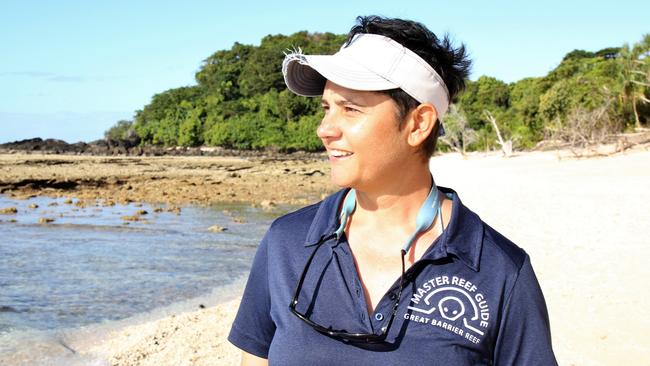
Master reef guides graduate Alessandra Giannascoli has a better understanding of this stretch of ocean’s resilience than perhaps anyone else.
She has visited it almost daily over the past six years.
It is her backyard.
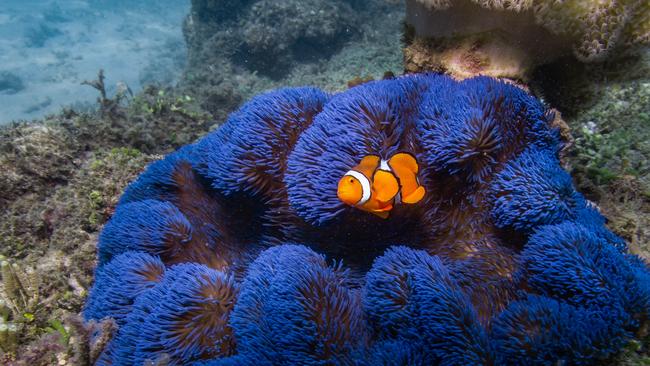
“You’re seeing all the new corals coming back and in some spots 100 per cent of the coral covering it,” she said.
“If they don’t survive, it doesn’t matter because there will be more space for other corals to settle on.
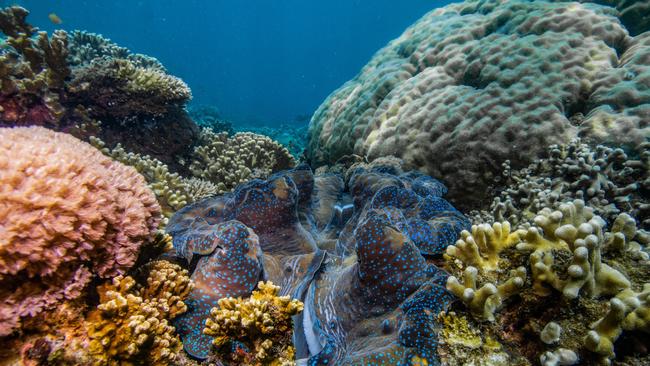
“They are cemented together with the coralline algae and start a new generation.”
Ms Giannascoli decided to become a marine biologist after diving in the Red Sea with her father when she was eight.
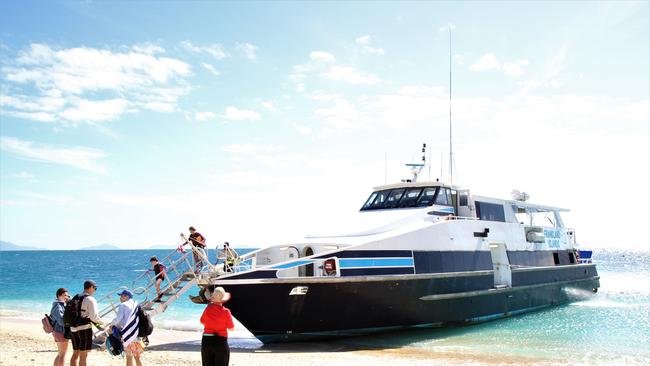
She represented Italy four times in the Olympics for biology and chemistry and studied her masters degree at James Cook University.
She was writing her thesis when she lost all her data and had to make a tough decision to leave university to conduct her own studies in person.
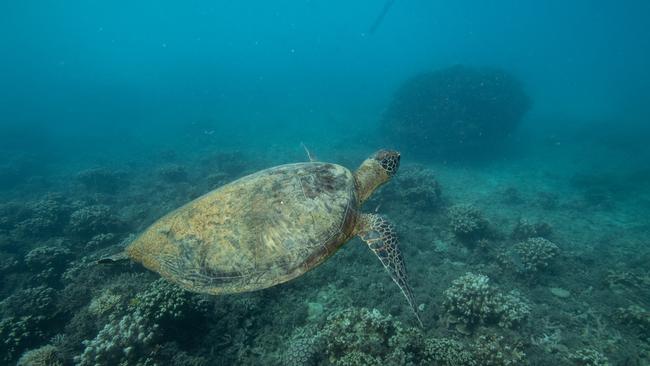
“When I was there, you’d go out to the Reef maybe three times a year … most of the time you are inside,” she said.
“When you’re on the island and on the Reef every day, there’s a much better chance of seeing things change.
“I made the right choice.”
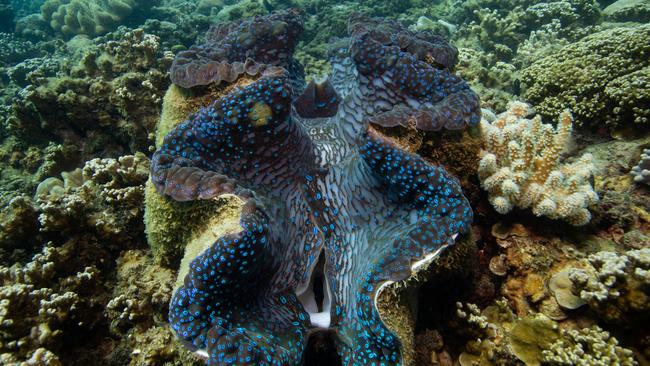
Now she wants to spread the message that the Great Barrier Reef is alive and well.
“Corals have been around for approximately 600 million years,” she said.
“The first barrier reef ever recorded was in the Mediterranean Sea, around 230 million years ago – so corals have been through a lot.
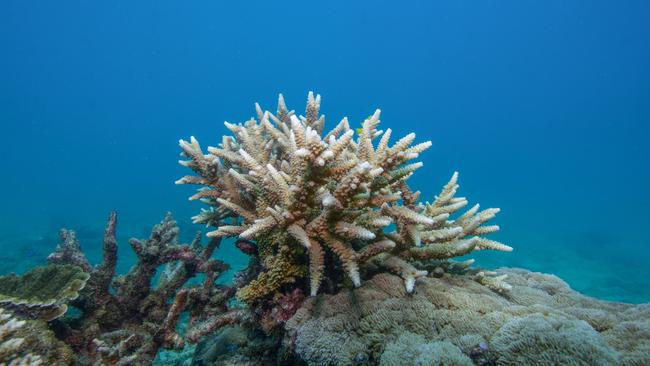
“They’re not going to disappear tomorrow because of a bleaching of one or two degrees more.
“Adaptation is possible.”
That is not to say humans have not had an impact.
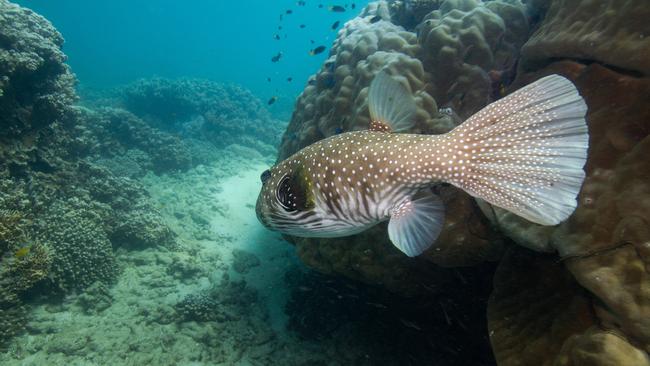
“In some areas, I think we’re going to lose some of the diversity – and diversity is important,” Ms Giannascoli said.
“But nature can fix nature.
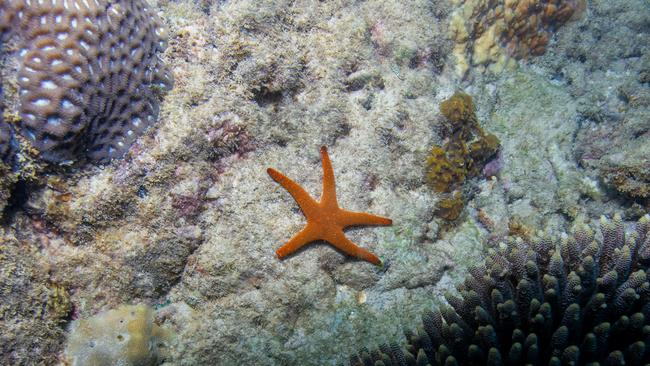
“We have made mistakes from a lack of knowledge.
“Now, we know more and as we learn more we have to keep an eye on the place and make sure we don’t destroy anything else.”
Originally published as Frankland Islands: Great Barrier Reef’s recovery on full show

